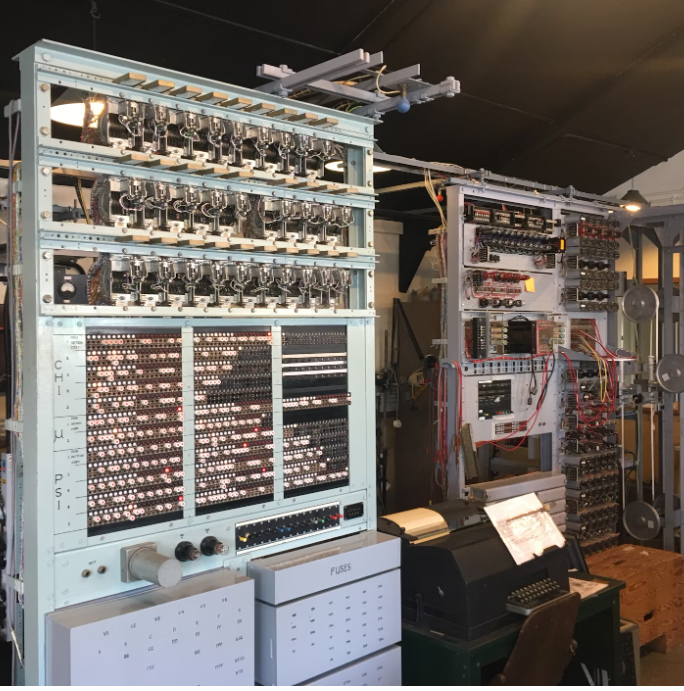Mizuhara is scheduled to surrender Friday in U.S. District Court in Los Angeles, authorities said. He is expected to be released on bond. Mizuhara’s attorney, Michael Freedman, declined comment Thursday.
At a news conference in downtown Los Angeles, U.S. Attorney for Los Angeles Martin Estrada said Mizuhara, 39, of Newport Beach had impersonated Ohtani in phone calls to the bank to authorize the wire transfers to an illegal bookmaking operation. Estrada said Mizuhara in 2018 helped Ohtani set up the bank account in Arizona to deposit the ballplayer’s salary, so he was familiar with the codes and personal information necessary to access the money.
Investigators found recordings of the phone calls between Mizuhara and bank officials.
Mizuhara allegedly told Ohtani’s U.S.-based financial professionals, none of whom spoke Japanese, that Ohtani had denied them access to the account, authorities said.
Ohtani knew nothing of the fraud or gambling payments and was purely a victim, Estrada said, adding that investigators reviewed electronic communications between Ohtani and Mizuhara and none included discussions about gambling or authorization to access Ohtani’s bank account.
“Mr. Mizuhara used and abused (his) position of trust in order to plunder Mr. Ohtani’s bank account,” Estrada said, adding that Mizuhara was feeding an “insatiable appetite” for gambling.
Authorities added that up until March, Mizuhara also used Ohtani’s account to buy about 1,000 baseball cards for $325,000 through eBay and Whatnot. Mizuhara allegedly used the alias “Jay Min” and had the cards sent to the Dodgers’ clubhouse.
Mizuhara’s involvement with the Orange County bookmaker turned up in a far-reaching investigation by the IRS, Homeland Security and FBI into illegal gambling in Southern California and the laundering of proceeds through Las Vegas casinos, according to an affidavit filed with the federal complaint. To date, the probe has led to 12 convictions and what authorities called “non-prosecution agreements” with two casinos in Las Vegas.
Mizuhara met the bookmaker in 2021—a source said in San Diego after a Padres game—and started placing sports bets, according to authorities. In time, the bets became more frequent and of higher denominations, amounting to thousands of wagers. None was on baseball, Estrada said.
From November 2021 to January 2024, Mizuhara wired funds through his electronic devices and IP addresses to the bookie, authorities said.
Estrada said winnings from Mizuhara’s gambling ventures went straight to his account, not Ohtani’s.
Mizuhara was fired by the Dodgers in late March while the team was in Seoul, South Korea, for two major league games with the Padres after published allegations tied him to an estimated $4.5 million in payouts from Ohtani’s bank account to the alleged illegal bookmaking operation.
At the time, Ohtani’s attorneys issued a news release that the Dodgers superstar was the victim of “massive fraud” and that they were turning the matter over to authorities.
Mizuhara, a graduate of Diamond Bar High School, told ESPN that he had paid the money through Ohtani’s account to an associate of alleged bookie Mathew Bowyer, a former exterminator and commodities trader who now operates a Brazilian jujitsu studio.
Bowyer’s attorney, Diane Bass, has said Bowyer dealt only with Mizuhara and never with Ohtani. But a source affiliated with Bowyer said the bookmaker allowed his associates to believe that Ohtani was doing the betting as a way of drumming up business.
In a later news conference in Seoul, Ohtani told a worldwide gathering of reporters that he never gambled and that Mizuhari had lied to him and stole from him. Ohtani told the media that he was “very saddened and shocked.”
The source said Mizuhara bet on international soccer and professional football and basketball, not baseball, which is disallowed by the league.
Mizuhara was a fixture in Ohtani’s life during the ballplayer’s meteoric rise in the big leagues, initially with the Los Angeles Angels. More than just an interpreter, he had become a trusted friend and what Estrada described as a “de facto manager.” Mizuhara often caught for Ohtani in pregame warm-ups, battled with him in video games and made grocery runs for Ohtani during the pandemic.
Ohtani took Mizuhara with him when he left the Angels after six years to join the Dodgers in free agency on a 10-year, $700 million contract.
In the aftermath of the gambling scandal, questions arose about Mizuhara’s resume, as cited in news stories and the Angels media guide. The Athletic reported that Mizuhara never attended or graduated from UC Riverside as stated in his bio and that he did not interpret for players in Boston and New York.
— Staff writer Scott Schwebke contributed to this report.
______
(c)2024 San Gabriel Valley Tribune, West Covina, Calif. Visit San Gabriel Valley Tribune, West Covina, Calif. at https://www.sgvtribune.com/. Distributed by Tribune Content Agency LLC.


 Economics1 week ago
Economics1 week ago
 Economics1 week ago
Economics1 week ago
 Economics6 days ago
Economics6 days ago
 Finance1 week ago
Finance1 week ago
 Economics1 week ago
Economics1 week ago
 Blog Post6 days ago
Blog Post6 days ago
 Personal Finance6 days ago
Personal Finance6 days ago
 Finance6 days ago
Finance6 days ago








